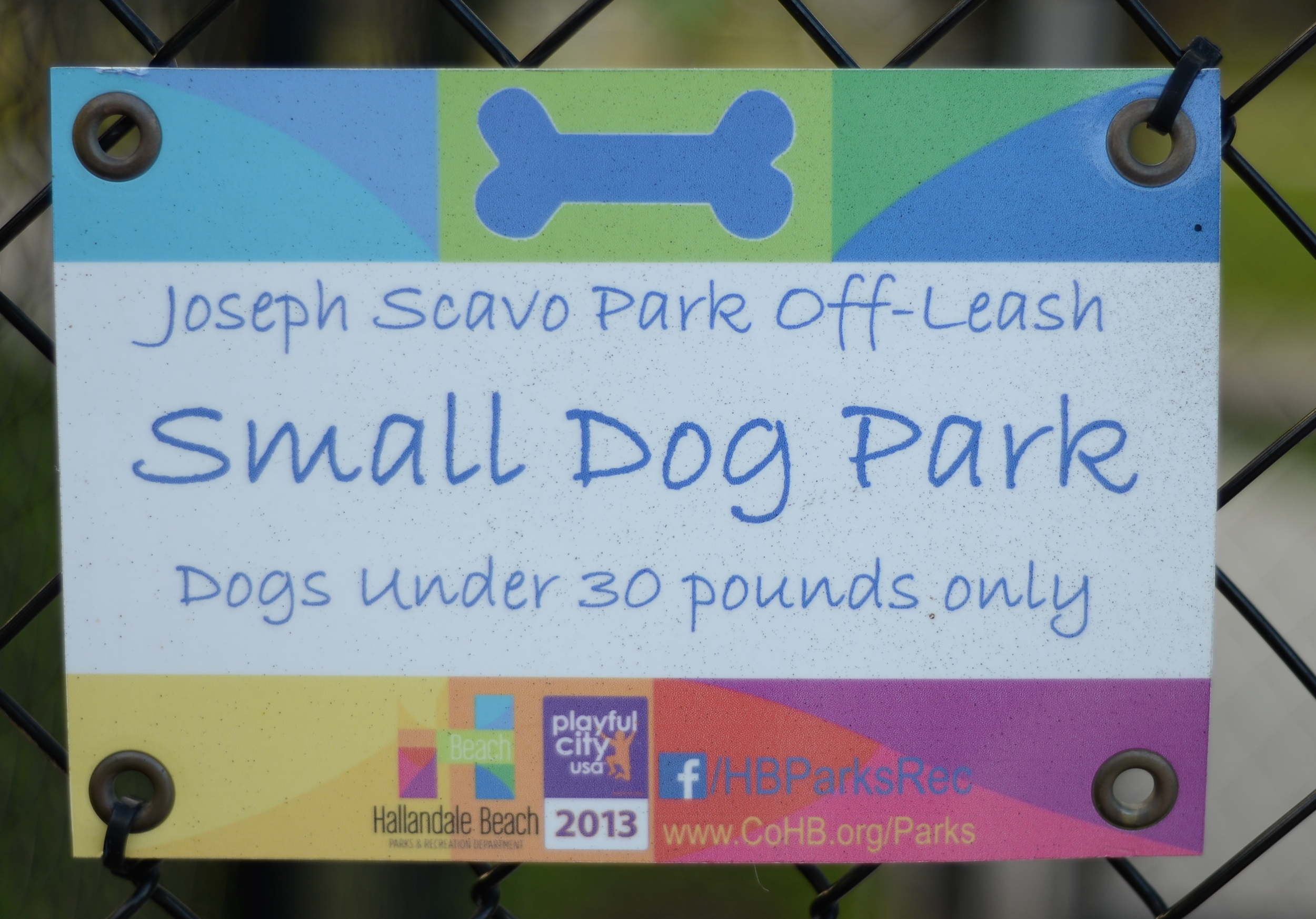Great news! Remember when you entered your résumé into Melvin Motor Company's (MelMoCo) database for that dream job? You were so excited! The position practically had your name on it!
The recruiter at MelMoCo agrees! She's calling you now - and you're so excited when you answer the phone!
You're with Fido at the dog park. And all around you dogs are barking. And peeing. And chasing other dogs around. And performing other unspeakable doggie acts.
Yeah, that background noise is going to be fun to explain. Please feel free to reapply with MelMoCo sometime next decade, when the H.R. department has completely turned over.
As a recruiter, I called candidates to conduct initial interview screens for jobs. And, more often than not, I've learned that people with a cell phone will pick up a call just about anywhere. To wit:
- In the drive-through at McDonald's, while confirming their order with the register;
- While attending a meeting;
- Grocery shopping, with the kids loudly demanding Cap'n Crunch;
- In a car, driving, with the windows open;
- Boarding an airplane;
- At the hairdresser, under one of those big dryer thingys;
- Watching television;
- Playing on the Xbox; and my number one all-time favorite...
- In the bathroom (yes, really)
Side note: It drives me bananas if I'm in a public restroom and somebody comes in talking on their cell phone. It's damn rude. So, I will flush the toilet - repeatedly - to make sure that whoever is on the other end of that phone call knows where it's originating. I suppose this makes me a sociopath, but I can live with that. :)
Anyway... the most remarkable aspect is that the CANDIDATE USUALLY TOLD ME WHERE THEY WERE WHEN THEY ANSWERED. I didn't even have to guess.
Sometimes, calls are unexpected - people aren't even looking for a job, and they get a cold call, so they answer the phone call like any other. For those of you whom this description fits, I hope the call goes well.
For those individuals who are actively looking for a job, consider doing the following:
- When an unfamiliar number pops up on your phone, unless you are somewhere quiet, let it roll to voicemail. Listen to the message immediately. Then call back from a quiet room.
- If you absolutely need to answer the call (and are somewhere socially acceptable to do so), tell the caller you are currently occupied, and set a time to call them back from a quiet room.
- If you are at home, and want to answer the phone, make sure the dogs are put away, the kids are quiet, and the television is off.
Your resume is probably one of several the recruiter has chosen to call for a particular job. Don't make it so easy for her to move you to the "no" pile.
Scott Singer is the President and Founder of Insider Career Strategies Resume Writing & Career Coaching, a firm dedicated to guiding job seekers and companies through the job search and hiring process. He is a Human Resources professional and staffing expert with almost two decades of in-house corporate HR and staffing firm experience, and is a Certified Professional Resume Writer (CPRW) and Certified Professional Career Coach (CPCC).
Insider Career Strategies provides resume writing, LinkedIn profile development, and career coaching services, including a free resume review. You can email Scott Singer at scott.singer@insidercs.com, or via the website, www.insidercs.com.






